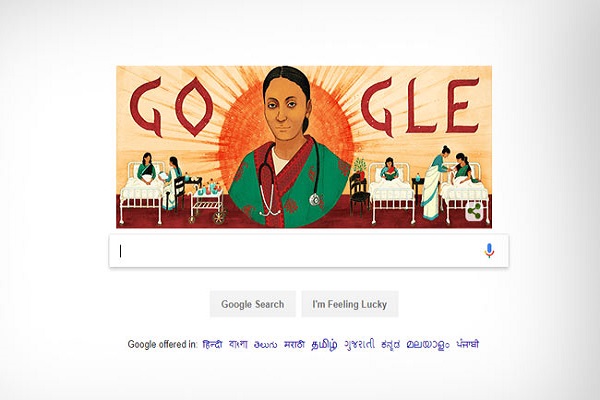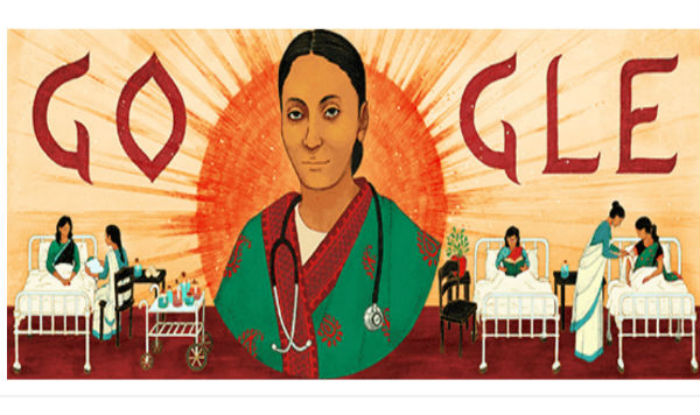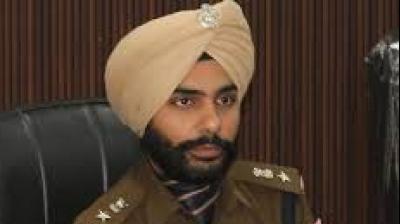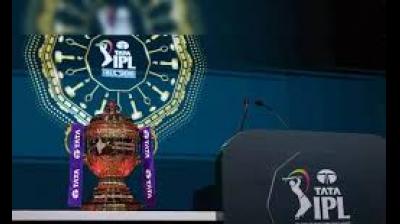
If you have a look at Google today, you
must've noticed a portrait of a gentle-looking lady with a stethoscope
around her neck, surrounded by hospital beds with women patients and
nurses looking after them. The lady is none other than Dr Rukhmabai Raut
also known as Rakhmabai Raut or simply Rukhmabai.
Rukhmabai Raut was one of British India's earliest practicing women doctors. Rukhmabai's life in colonial India is significant, especially when it comes to learning about consent, a term that dominates discourse everywhere.

Rukhmabai Raut was born in
Mumbai, then Bombay, on November 22, 1864. She was a child bride,
married off at the age of 11, to Dadaji Bhikaji, 19. Child marriage was a
common practice among Indians then.
Rukhmabai's mother endured
child marriage as well, having been married when she was 14, giving
birth to Rukhmabai at 15 and then becoming a widow at just 17 years of
age.
Rukhmabai did not live with
her husband after her marriage though, but stayed in her parents' home
and educated herself, following instructions laid down by her
stepfather.
Rukhmabai, in contrast to
her husband, found out that he was averse to her being educated.
Rukhmabai soon took the bold decision that she did not want to remain
married to Dadaji.

In March 1884, Dadaji petitioned the Bombay
High Court to restore conjugal rights of the husband over his wife, that
is, make Rukhmabai come and live with him. The court told Rukhmabai to
comply or to go to prison. Rukhmabai, naturally, refused.
This petition was thus, the start of a landmark case, which led to the passing of the Age of Consent Act in 1891.
Rukhmabai
argued that she could not be forced to remain married, since she was
married at an age when she was unable to give her consent. This argument
had never been heard of before in any court of law.
Rukhmabai
was successful, through her arguments, to let the case receive a
significant amount of attention in the press during the 1880s.
The case thus came to the notice of many social reformers, including Ramabai Ranade and Behramji Malabari.

Ultimately,
Dadaji chose to accept monetary compensation as an exchange to dissolve
the marriage. Because of this compromise, Rukhmabai was saved from
going to jail.
It was after this case that Rukhmabai chose to train as a doctor, resulting in a successful 35-year-old career in medicine.
She
did not stop with medicine, choosing to become a social reformer as
well, by writing against child marriage and women's seclusion (purdah).
Rukhmabai was an active social reformer until her death at the age of 91, in September 25, 1991.













